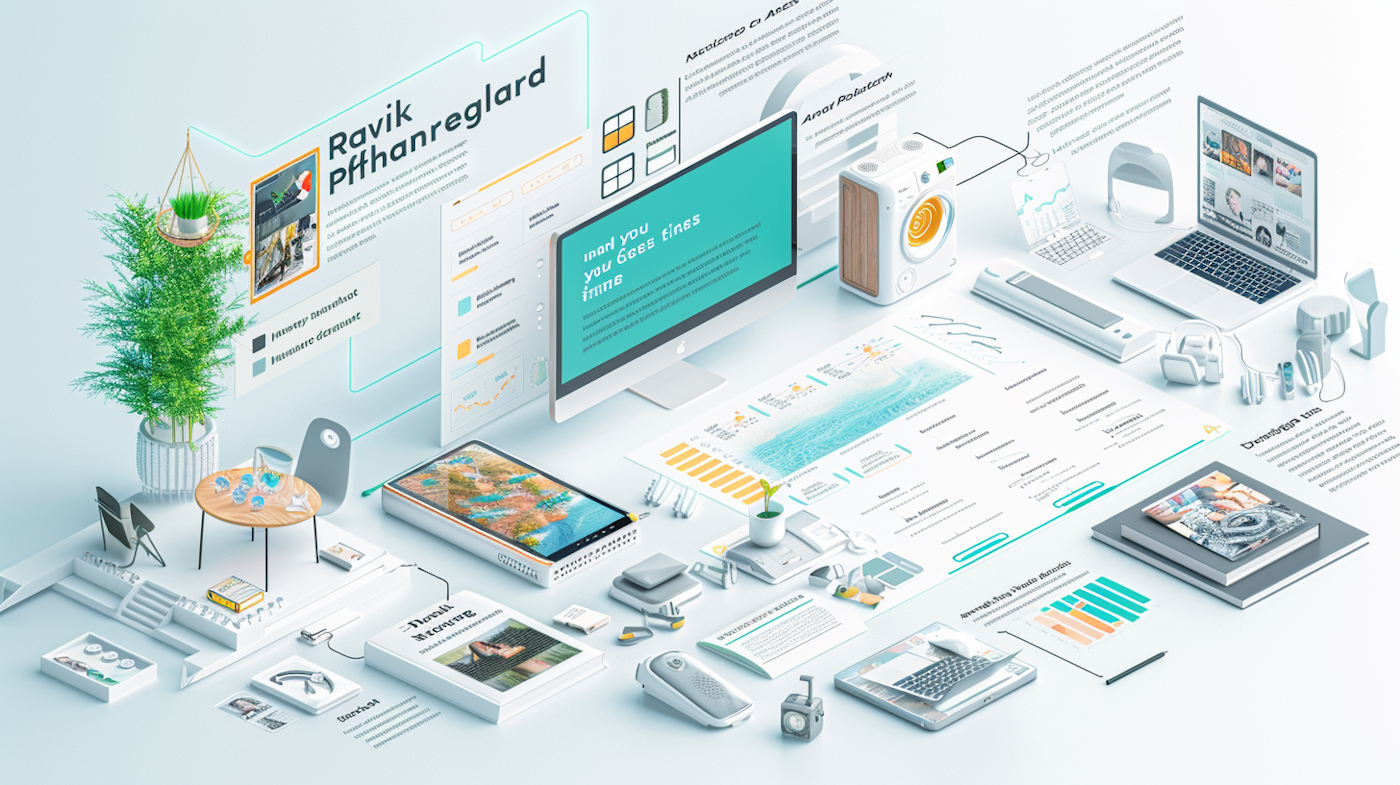Should Ticket Sites Use AI For Dynamic Pricing?
The ticketing industry stands at a critical intersection of technology and business, as dynamic pricing increasingly asserts itself. The advent of AI in this sector promises to transform ticket sales, enabling the optimization of prices in real time by assessing a wide range of factors. This discussion unveils the workings of AI-driven dynamic pricing and its potential consequences for the future of ticket distribution.
We explore the inner workings of AI algorithms that process real-time data and consider the ethical implications of price variability. The challenge for businesses lies in finding the equilibrium between revenue maximization and fairness—a challenge that must be met in an industry where the trust of consumers is essential. As we navigate these issues, we weigh the advantages against the obstacles, providing an insightful look at whether AI should become a central feature of the ticketing industry's progression.
The Mechanics of AI-Driven Dynamic Pricing
The advent of AI-driven dynamic pricing is redefining how businesses manage ticket sales, utilizing complex algorithms to digest a vast array of data points. This data encompasses consumer demand, competitor pricing, and historical pricing patterns—all critical in sculpting the ever-changing price landscape for tickets.
AI's ability to rapidly analyze extensive datasets allows for real-time price adjustments, ensuring that prices always mirror the current market conditions. This agility enables businesses to seize revenue opportunities that might slip by with more static, rules-based systems. In the realm of e-commerce, AI price optimization has proven its edge over traditional methods, showcasing the power it could potentially wield in the ticketing sector.
"AI in dynamic pricing analyzes data such as demand, competition, and historical trends to automatically adjust prices in response to changing market conditions." - Vaibhav Kakkar, CEO at Digital Web Solutions
A case study revealed that AI price optimization significantly outperformed a rules-based system, emphasizing the considerable advantages of integrating AI into dynamic pricing strategies.
Benefits of AI in Dynamic Pricing for Ticket Sales
Incorporating AI into the dynamic pricing of ticket sales presents several key benefits. Primary among these is the maximization of revenue. By dynamically adjusting prices to match market demand, businesses can take full advantage of high-demand periods and maximize their earnings.
AI also profoundly impacts the ability to understand audience behavior and quickly identify online trends. This insight is critical for developing marketing strategies that resonate with target audiences, making AI a potent tool for both price optimization and customer engagement.
"Artificial Intelligence in marketing contributes to better insights into audiences and offers the ability to spot online trends and conversations more quickly." - Meltwater
Furthermore, businesses that adopt AI-enabled pricing strategies can gain a significant competitive advantage, responding to market shifts with a swiftness unattainable by those with traditional pricing systems. This agility isn't solely restricted to reactionary measures; it also encompasses the predictive capacity to anticipate consumer behavior and adapt proactively.
Challenges and Ethical Considerations
Despite the clear benefits, AI in dynamic pricing comes with its share of challenges and ethical concerns. Consumer perception of price changes is one such challenge—striking a balance between dynamic pricing and perceived price gouging is critical to avoid alienating customers.
The ethical implications of AI in pricing are significant; if not handled with care, there's a risk of algorithms leading to discriminatory pricing practices. It's vital to embed ethical considerations into the design of AI systems to maintain consumer trust and avoid legal issues.
Regulations around AI and dynamic pricing are also evolving, necessitating that businesses stay informed about legal restrictions that could impact their pricing strategies.
The Resale Market and AI: A New Frontier?
The secondary ticket market offers a fascinating opportunity for the application of AI-driven dynamic pricing. This market, less encumbered by consumer expectations and regulatory scrutiny that primary market sellers face, provides a space where dynamic pricing can be more freely explored.
The growth of the resale market may accelerate as resellers embrace AI to optimize pricing based on actual supply and demand dynamics, potentially enhancing their profits.
"Now, where I see a real chance to hit it big with this is on the secondary ticket market." - Nick Rizzo, Former Pricing Analyst, American Airlines
Nick Rizzo points to the secondary ticket market as a sector ripe for the adoption of dynamic pricing, suggesting that the use of such strategies could encounter less consumer resistance here, potentially leading to innovative pricing models that benefit both sellers and resale platforms.
The integration of AI-driven dynamic pricing in the ticketing industry represents a significant shift, offering the potential to transform the way tickets are priced and sold. However, as the industry embraces this technology, it must also consider its ethical implications and the importance of maintaining transparency with consumers. With careful application, AI could indeed lead to a more efficient and profitable future for ticket sales.
The Verdict on AI-Driven Dynamic Pricing in Ticketing
The integration of AI into dynamic pricing strategies in the ticketing industry has proven to be a powerful tool for revenue maximization, market adaptability, and gaining deep insights into consumer behavior. AI algorithms, fueled by real-time data, equip businesses with the agility to adjust prices in response to demand swiftly and accurately. Yet the path to AI-powered pricing is strewn with obstacles. Upholding ethical practices, preserving customer trust, and adhering to new regulations stand as significant challenges.
The industry is at a pivotal point, with AI's capacity to transform ticket sales balanced by the heavy ethical responsibility it bears. As AI reshapes the way tickets are sold, businesses must find a harmonious balance between profit and fairness, always keeping the consumer's trust at the forefront. The secondary market could become an experimental space for AI pricing models, possibly laying the groundwork for broader acceptance. The effectiveness of AI in dynamic pricing will depend not only on the complexity of the technology but on the industry's dedication to transparency and ethical standards. The critical question is whether the industry can use AI power responsibly, or if the temptation for maximized profits will overlook the imperative for fair practices.




